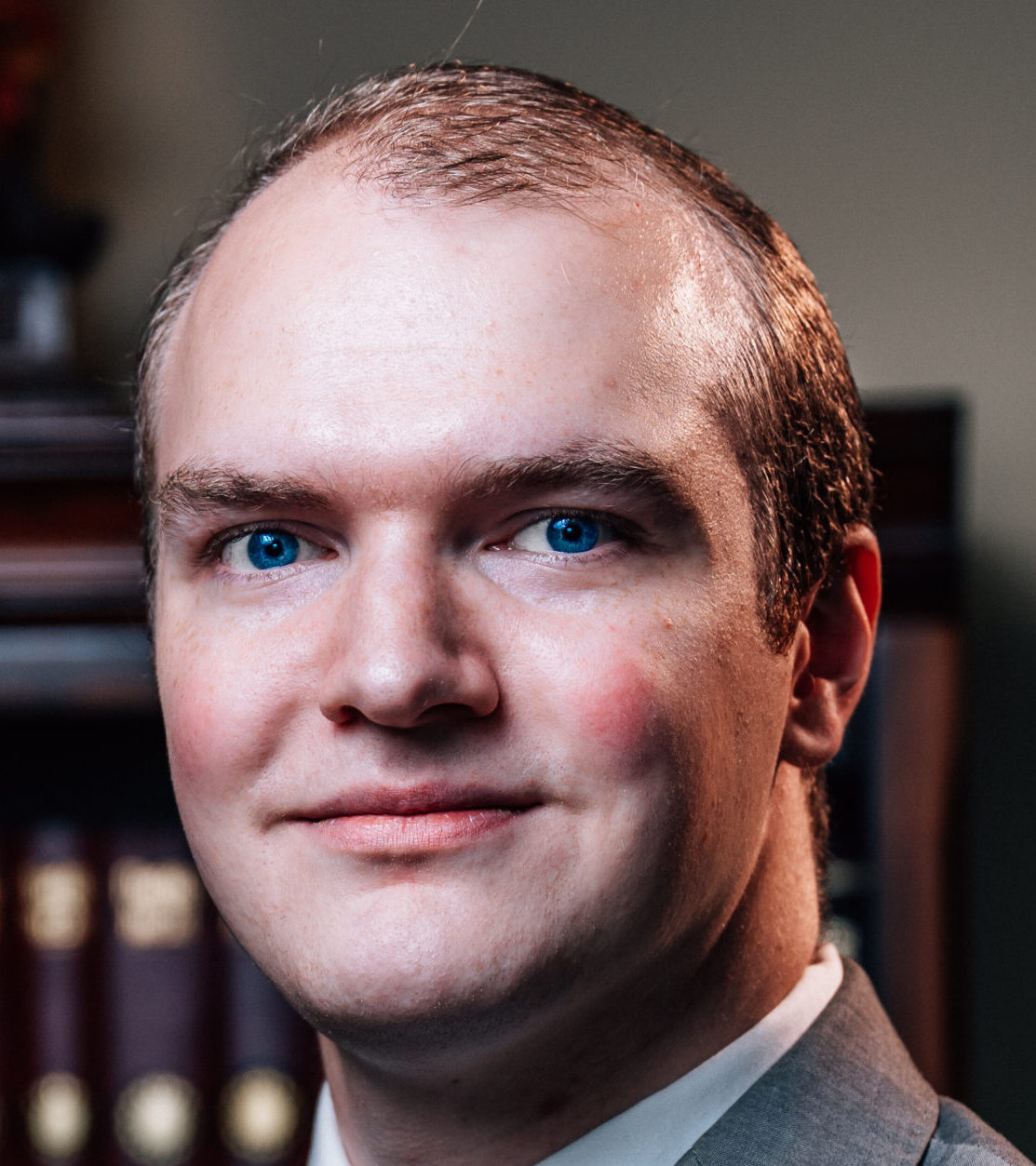In Robbins v. McGrath, 955 So. 2d 633 (Fla. 1st DCA 2007), The First District Court of Appeals ruled that the wrongful act doctrine, though a recognized exception to the American Rule on attorney’s fees, must be affirmatively pled in the complaint to be awarded.
The American ruled holds that generally, attorney’s fees are not recoverable as an element of damages in the absence of statutory authority or a contractual agreement. However, the Court, citing Northamerican Van Lines, Inc. v. Roper articulated the wrongful act doctrine, an exception to general rule, as follows:
[W]here the wrongful act of the defendant has involved the claimant in litigation with others, and has placed the claimant in such relation with others as makes it necessary to incur expenses to protect its interests, such costs and expenses, including reasonable attorney’s fees upon appropriate proof, may be recovered as an element of damages. 429 So.2d 750, 752 (Fla. 1st DCA 1983)Such a rule allows recovery of attorney’s fees where they might not otherwise be available.
The plaintiffs originally filed suit against private defendants, alleging obstruction of access to their property by building across an unpaved road. Later in the case, they amended the complaint to add Santa Rosa County as a defendant, the alleged owners of the unpaved road. The complaint sought attorney fees fees only under Section 57.105. Fla Stat.
At trial, the plaintiffs won — and sought attorney’s fees, not under a fee statute or contract, but under the wrongful act doctrine.
But there was a problem: the plaintiffs had never pled this theory. Their complaint only referenced Section 57.105, Florida Statutes — not the wrongful act doctrine — as the basis for fee entitlement.
On appeal, the court reversed the award of fees. While the wrongful act doctrine is valid under Florida law, it must be specifically pled. Litigants must raise it with specificity, giving the defendant notice and a chance to respond.
Takeaway: The wrongful act doctrine is not a backdoor to post-trial fee recovery. If you plan to use it, plead it. Courts won’t award fees based on legal theories raised for the first time after trial.
At Boatman Ricci, we ensure every fee claim is properly pled and preserved — whether statutory, contractual, or common law. Need help asserting or defending attorney’s fee claims? Contact our team to make sure your arguments are on the record.
* * * * * * * * * *
THIS BLOG IS INTENDED FOR GENERAL INFORMATION PURPOSES ONLY. IT DOES NOT CONSTITUTE LEGAL ADVICE. THE READER SHOULD CONSULT WITH KNOWLEDGEABLE LEGAL COUNSEL TO DETERMINE HOW APPLICABLE LAWS APPLY TO SPECIFIC FACTS AND SITUATIONS. BLOG POSTS ARE BASED ON THE MOST CURRENT INFORMATION AT THE TIME THEY ARE WRITTEN. SINCE IT IS POSSIBLE THAT THE LAWS OR OTHER CIRCUMSTANCES MAY HAVE CHANGED SINCE PUBLICATION, PLEASE CALL US TO DISCUSS ANY ACTION YOU MAY BE CONSIDERING AS A RESULT OF READING THIS BLOG.

